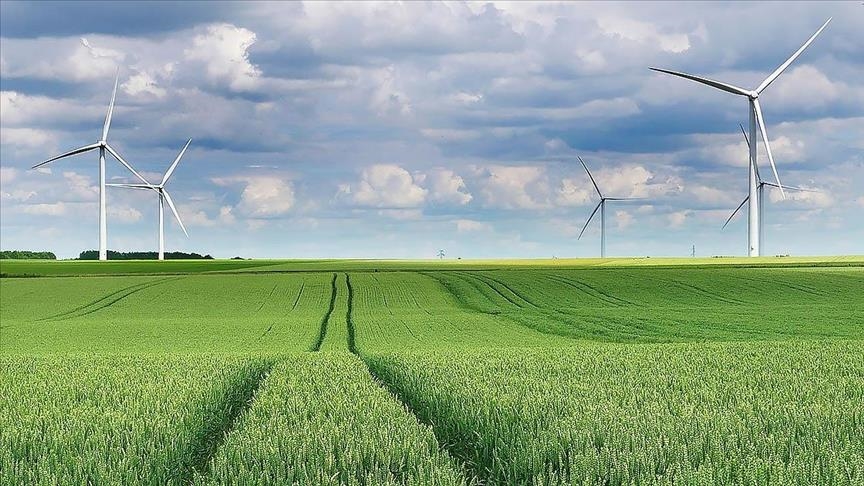EU to continue investments in Türkiye for green transition
Public funds are insufficient, says head of EU Delegation to Türkiye, urging boost in private investments to help tackle green transition

ISTANBUL
The EU has investment plans for Türkiye for its green transition efforts, as the country is on its path to achieve net zero emissions by 2053.
Maria Luisa Wyganowski, head of cooperation at the EU Delegation to Türkiye, said the EU and Türkiye have been in constant cooperation since the Instrument for Pre-Accession Assistance (IPA) funds were implemented.
Wyganowski spoke at a Sustainable Transport Summit in Istanbul held by the Green Development Foundation (Yekav).
The EU aims to expand its investments in sustainable transportation and the transition to a green economy with its Green Deal. Türkiye stands out among other countries due to its geographical location and growing energy and transportation infrastructure.
With the Green Deal, the EU aims to modernize railways, expand electric vehicle (EV) charging networks, transition to a green public transport system, boost renewable energy investments; and funding to Türkiye for these areas is expected to come in the days ahead.
The transition to low-carbon production and environmentally friendly transportation is key for Türkiye’s exports to the EU market, as well as the Carbon Border Adjustment Mechanism (CBAM).
- Türkiye to achieve net zero emissions by 2053
Wyganowski told Anadolu that Türkiye’s efforts in sustainability will help the country to reach net zero emissions by 2053, within the targets, while the EU is signing railway, transportation, maritime cooperation, and emissions trading projects with Türkiye to contribute to the efforts.
She said the EU Delegation in the country and Türkiye have been in close contact and cooperation, while noting that the focus from public funds should shift to private investments, as public funds are not enough to achieve every goal, urging the private sector to come together.
She stressed that the EU is continuing emissions trading, carbonization, and maritime cooperation with Türkiye.
Wyganowski highlighted that climate change needs to be assessed worldwide and that cooperation is needed on the issue, while the EU is determined to work more closely with Türkiye and with the private sector.
She added that the EU and Türkiye are significant partners and that the investor appetite between the two parties is always there.








